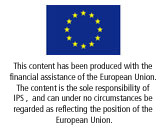Claudia Ciobanu interviews DACIAN CIOLOS, EU Commissioner for Agriculture
RIO DE JANEIRO, Jun 22 (TerraViva) The EU’s “agriculture minister” tells TerraViva that in Europe, the push for food security made at Rio+20 will be continued with a future European development policy centred on this issue.
Q: How do you evaluate the final Rio agreement?
A: Even if generally the European Union thinks that the final Rio document could have been better as regards agriculture and food security, I think the document is consistent enough.
Our objectives are in there, for example, the value of small-scale farming for global food security is properly recognised. Improving productivity of small farms both helps increase overall food production levels and contributes to poverty alleviation.
Technology and innovation transfer to small farmers has been acknowledged as important here in Rio and the EU’s development policy, particularly in relation to Africa, will reflect this. The document recognises the negative impacts of food price volatility on the livelihoods of smaller farmers and it has been agreed to improve transparency in food markets.
Q: Many voices say that Rio will not have any practical impact. What impact can Rio have when it comes to food security?
A: Food security cannot be dealt with unilaterally, by only one institution. It is also a problem that cannot be solved without looking at it simultaneously from the economic, environmental and social point of view.
The Rio agreement acknowledges this and it is a step towards finding the complex answer to the complex food security question. From now, when decisions will be made about financing or about social support measures, agriculture will be considered central.
In the next couple of years, we will need to think up an international framework that can address the issue of food security in its multidimensionality.
Q: What are the next steps you will take in Europe to follow up on Rio?
A: The European Commission is now working on applying our experience from the Common Agricultural Policy (i.e., the farming policy of the EU which offers financial support for European farmers and is now undergoing a “greening” process) to our development policy.
In the future development policy of the EU (2014-2020), we are focusing on two core dimensions: sustainable energy and food security. We intend to offer not only financing for these two areas but also offer knowledge.
Mind you, we do not want to provide models, but we rather want to support our partners in developing countries to elaborate their own development models. In Europe itself, the next farming policy will change to be more sustainable.
Q: Everyone speaks now about supporting small farmers to achieve food security. Is it enough to offer support to small farmers or do some other measures need to be taken to limit the negative impact that agri-business can have on sustainability?
A: Large-scale farming makes more sense than small-scale ones in some areas because of relief, climate and soil conditions, for example, when it comes to cereal and oil production. But what is important to watch is the behaviour of agri-business in the market: they should not be allowed to take over land artificially when proper land tenure and market management are lacking.
It is also important to ensure that investments in farming do not just go for those enterprises that bring short-term profits, which are agri-businesses, but also significantly towards the model that brings long-term gains, which according to me is smallholder farming.
Because private banks usually steer away from offering financing to small farmers, public policies should support investments in this sector. And public support is also needed for the organisation of small farms and simply for balancing the development of the agri-business sector and the smallholder one.
Q: How difficult it is politically to shift investments towards small farms?
A: It is a matter of political will. If you want to obtain medium and long-term results which make sense both socially and economically, then you are interested in supporting small farmers.



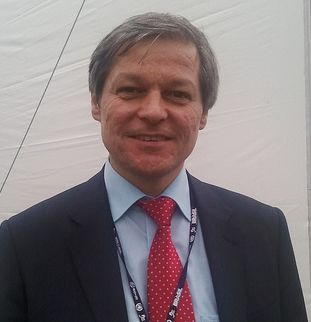
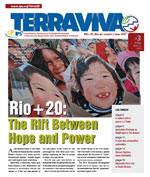
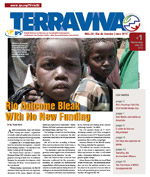
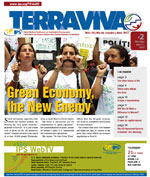

 Add to Google
Add to Google




